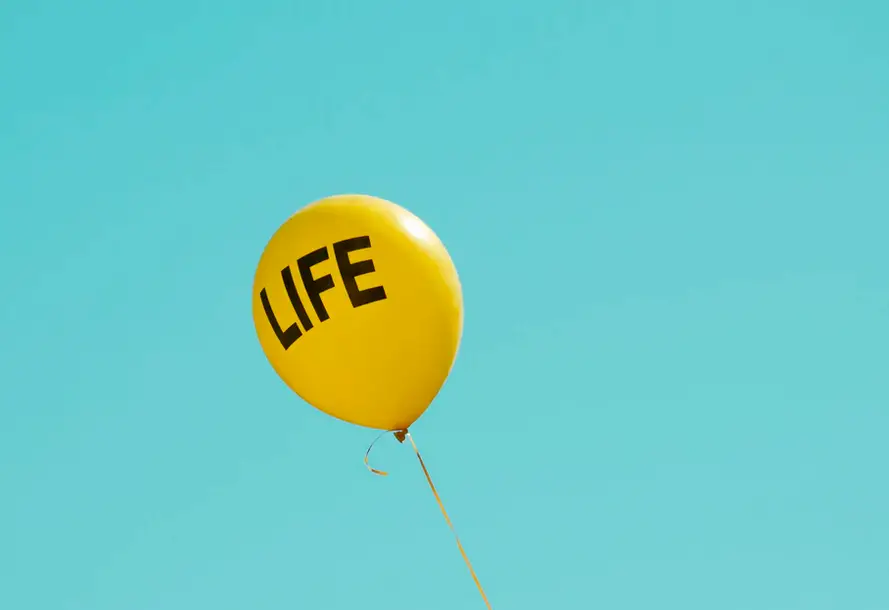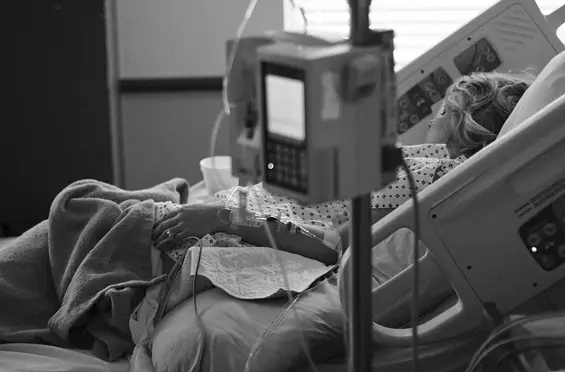The topic of Euthanasia is a highly-controversial topic, provoking strong opinions and discussions around the moral, ethical, religious and legal issues surrounding the practice.
Euthanasia is the practice of intentionally ending a person’s life – with the intention that it is done strictly to relieve the pain and suffering of someone that is terminally ill.
While some suggest humans have a right to die with dignity and on their own terms, others disagree, pointing to multiple factors to back their views up. In this article, we look at both sides of the argument, and invite you to vote on your opinion at the end.

Overview
Euthanasia can be defined as the practice of intentionally ending a person’s life. Usually, the person will be terminally ill, and will request that their life is ended.
There are two types of euthanasia – voluntary and involuntary. In this article, we look at voluntary euthanasia, which is where a patient gives their consent to die – unlike non-voluntary euthanasia, where a decision is made on behalf of the patient.
Voluntary euthanasia is legal in very few countries. It is legal in Belgium, Canada, Colombia, Luxembourg, the Netherlands, New Zealand and Spain. Moreover, euthanasia is legal in some Australian states.
Arguments For Euthanasia
There are several arguments that support euthanasia:
- Euthanasia can be seen as a compassionate act. It can be difficult for family members to see a loved one in clear pain. Euthanasia puts a person out of their misery.
- Euthanasia allows a human to die with dignity. Sometimes, terminally ill patients, or even those who have non-terminal conditions, will end up living their final years with low quality and little-to-no independence. Euthanasia would help a person avoid this.
- Most supporters of euthanasia point to the element of human choice. If someone wants to die, it could be suggested that it is their life, and they should be able to choose what to do with it.
- If euthanasia was adopted by countries all over the world, it would greatly reduce some of the strain on healthcare. A lot of resources and money goes into treating ill patients, with this money potentially being able to be used for to save younger patients with more to live for.
- As sad as it may be, suicide is a very common cause of death. While there are very few laws against suicide, is there really much of a difference? It could be argued that at least the practice of euthanasia provides more of a pleasant ending.
- When pet animals are terminally ill or are in severe pain, putting them to sleep is widely seen as the loving thing to do. Why should this not be the case for humans?
- Some suggest that the state should not get involved in making laws about death. For those that have paid taxes, contributed to society and been a law-abiding citizen, is it really then fair for the state to tell them if they can die or not?

Arguments Against Euthanasia
On the other hand, there are several arguments against euthanasia:
- One of the biggest problems with euthanasia is that it can put a person in a very difficult situation. Imagine a scenario where someone has a slight illness. They may have greedy and inhumane children who want to see their parent die so that they can get their inheritance. They may try and encourage euthanasia, which the person may think is best. If euthanasia is legalised, it could be abused very easily.
- If euthanasia is legalised, where do you draw the line? Does euthanasia become legal for everyone, or just those suffering from a certain illness? How can one person or government decide when euthanasia is appropriate and when it isn’t. There are too many questions.
- The “slippery slope” argument is also relevant here. In the context of this argument, it could be argued that if euthanasia becomes legal, what next will be legalised? Where will it end? As soon as something like euthanasia is legalised, the next question will be what should be legalised next?
- Whether you are religious or not, it is important to remember that religion still plays an important role in society. Across all religions, it is considered that life is precious. No one has the right to take someone’s life.
- Ultimately, euthanasia puts us in control of life and death. In light of this, euthanasia means we “play God” – which surely isn’t right.
- Doctors and physicians may find themselves in the position where they must make a decision as to whether or not a life is worth continuing. Is it fair to put this decision on someone?
- Due to advancements in medicine and the wider scientific field, nearly all pain can be controlled. Therefore, isn’t it best to control a person’s pain as much as possible and let nature take its course?
The Takeaway
Euthanasia is a very difficult topic, with two very different sides of the story. It is understandable why there is such strong debate around euthanasia. In practice, it seems unlikely that euthanasia will ever be fully legalised, but you never know what will happen in the future.
We have a poll below which you can vote on – and you can see how everyone else who has read this article feels about this case.














































